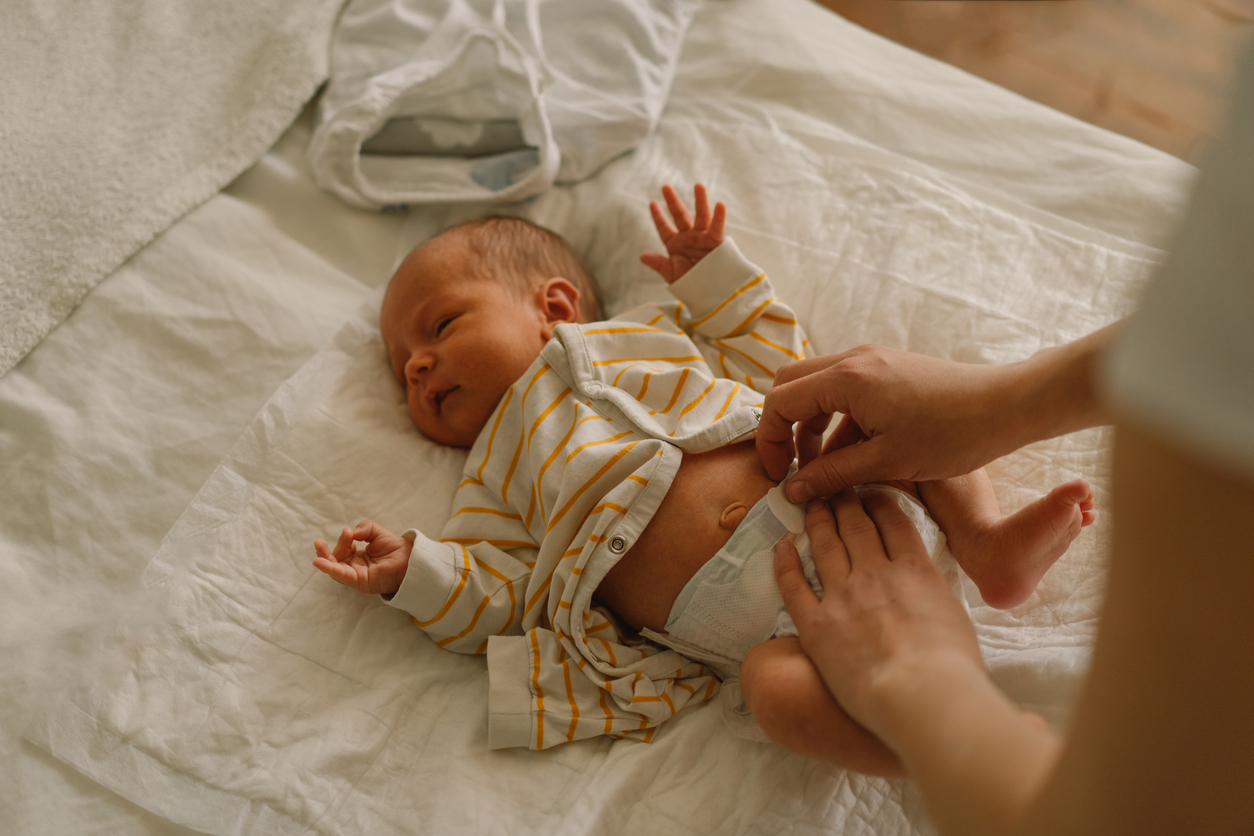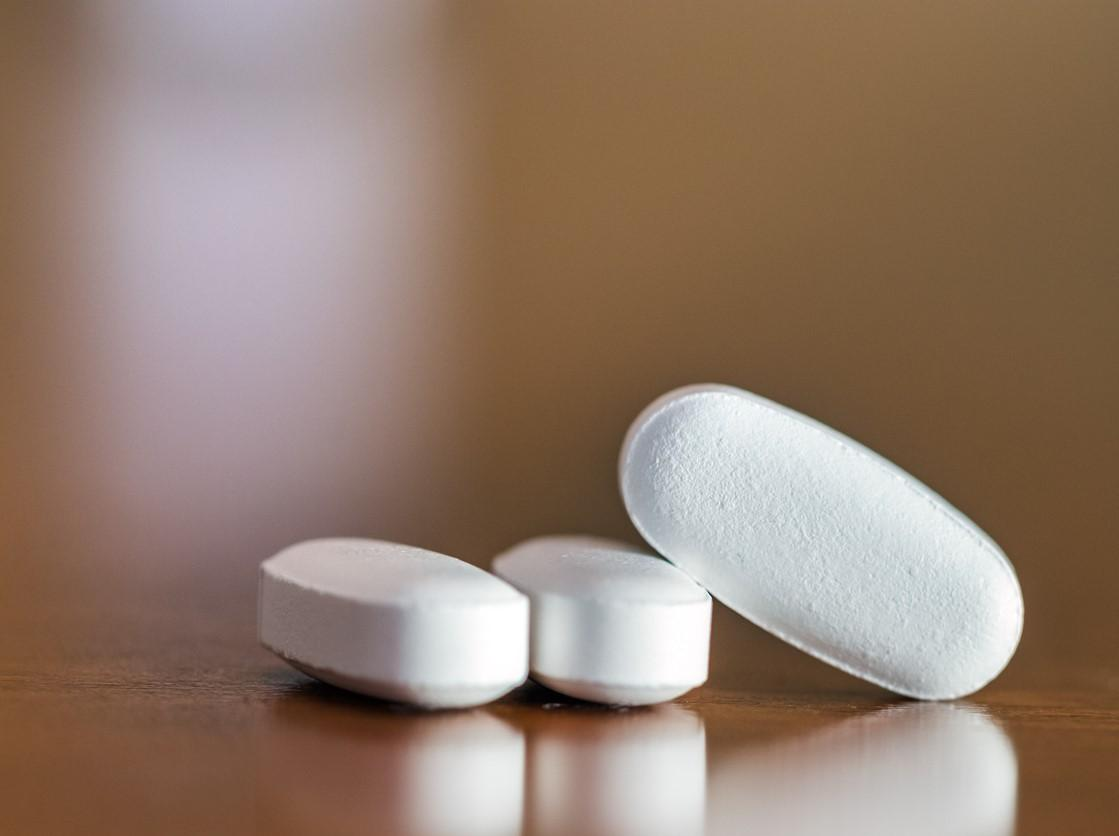
A small longitudinal household study suggests sharing of Clostridioides difficile strains is a common event in families caring for an infant, US researchers reported today in Open Forum Infectious Diseases.
For the study, a team led by researchers from Rainbow Babies and Children's Hospital in Cleveland, Ohio, recruited 30 families of healthy infants at their child's 4-month well child visit, collected stool samples or rectal swabs from the infants and their parents every 2 weeks, and followed up on the families longitudinally until the infants were 9 months old.
With infants known to asymptomatically excrete C difficile throughout the first 2 years of life, the researchers wanted to measure the frequency in which C difficile excreted by infants can be identified in a parent, which could help determine the role infants might play in the spread of the disease in the community.
Shared strains found in 61% of households
Samples were collected from 33 infants (three sets of twins), 30 mothers, and 19 fathers. C difficile was isolated in at least one member in 28 of 30 families, though no parent or infant was diagnosed as having C difficile infection (CDI). A total of 225 organisms were cultivated from the samples, and 191 were recovered and strain-typed.
C difficile strains were shared in 17 of the 28 families harboring C difficile, with three families found to share two separate strains. The infant and at least one adult family member were implicated in 17 of 20 instances of strain sharing, and, in at least 13 of these, the strain was detected in the infant first. Excretion of shared strains was persistent.
Although they were unable to demonstrate the directionality of C difficile transmission with certainty, the study authors say the data from the study support adding asymptomatically excreting infants and their families to the list of potential sources of community-associated CDI.
"It is likely that community reservoirs of C. difficile are multiple; controlling intra-familial sharing of the organism in households caring for an infant may prove to be one of several interventions necessary to control this threat to the public health," they wrote.
















